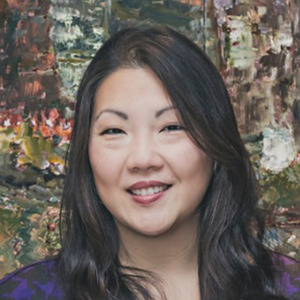
Clara C. Chan
Power List Profile
Associate Professor, University of Toronto, Department of Ophthalmology and Vision Sciences, Ontario, Canada
Why did you decide to pursue ophthalmology/your subspecialty?
I really enjoy the mix of medical and surgical care that can be offered to patients in the field of ophthalmology. Cornea in particular has overall pretty good outcomes and the goal for symmetry in the procedures that are done appealed to me. I would not be doing all I can without great mentors in the field of cornea also.
Who have been your most influential mentors?
I had the good fortune of spending a summer during medical school working with Dr. David Rootman – a real pioneer in the field of surgical cornea at the University of Toronto, and I'm lucky to currently share my practice with him. In residency, he encouraged me to do my fellowship with Dr. Edward Holland at the Cincinnati Eye Institute – he has also been particularly influential in my career over the last 10 years.
What’s been the biggest breakthrough in ophthalmology/your specific field over the last 10 years?
We have seen the effectiveness of corneal collagen crosslinking to prevent the progression of keratoconus. Together with topography custom ablation treatments, we can now further regularize an ectatic cornea. Prior to crosslinking being readily available, we would watch our patients slowly lose vision until a cornea transplant was needed – a procedure which has intraoperative risks and carries lifelong risk for rejection, trauma, and so on.
What is an interesting or little-known fact about you?
The favorite part of my job is working with my cornea fellows and residents. Teaching and cultivating future leaders in the field of cornea and ophthalmology is a privilege. I feel that they keep me young at heart and on my toes; they ask questions that lead to new research ideas and challenge the standard way that I do things, which all leads to improved patient care.
